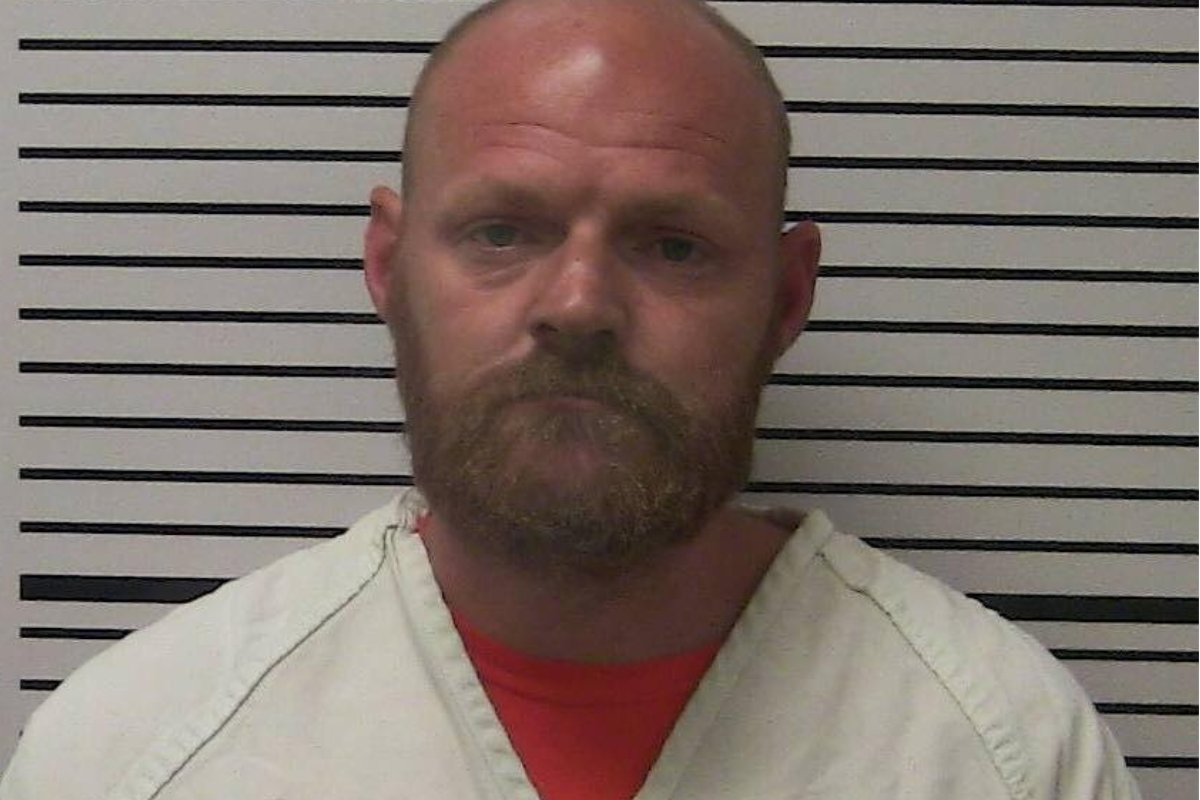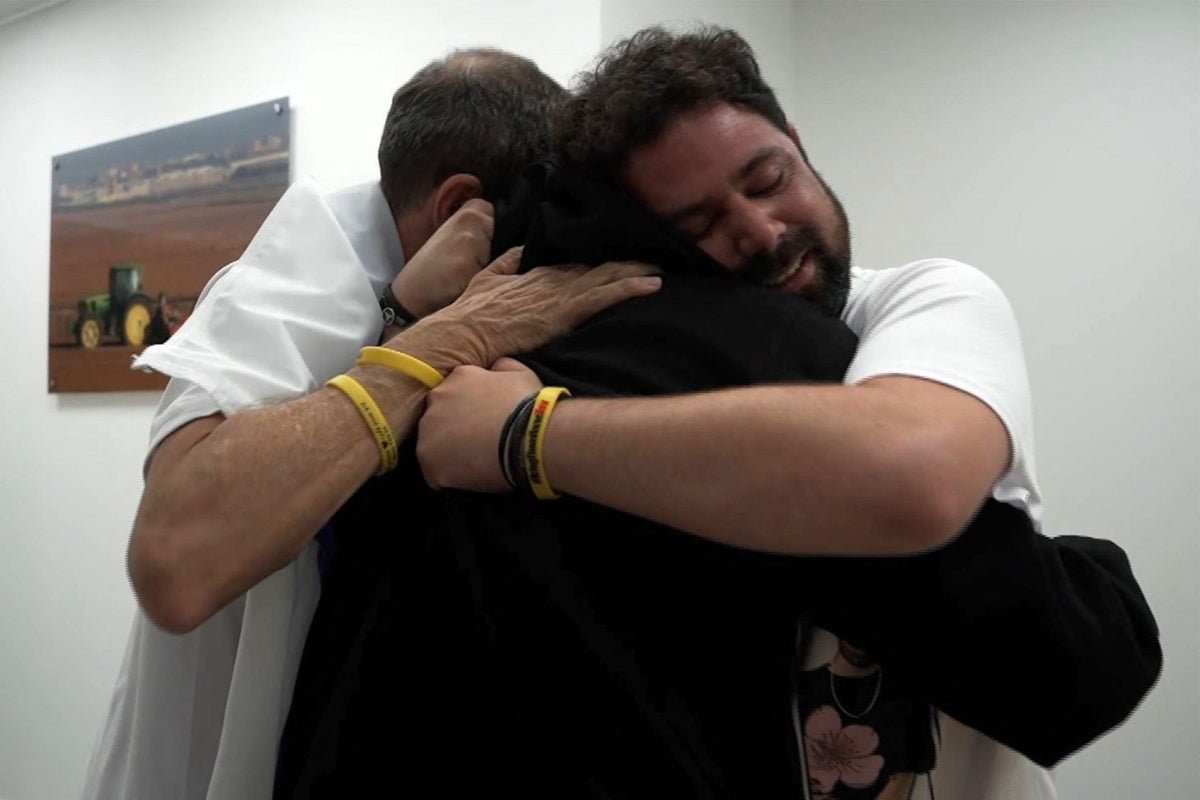PROTECT YOUR DNA WITH QUANTUM TECHNOLOGY
Orgo-Life the new way to the future Advertising by AdpathwayThe living hostages are home in Israel, Palestinians have welcomed back almost 2000 prisoners and US President Donald Trump led a spotlight moment for world leaders that was supposed to be a peace summit but at times seemed more like a victory lap.
But despite the unquestioned diplomatic achievement that led to the second ceasefire of the two-year Israeli invasion of Gaza and war with Hamas, many questions will remain after the broader cheering stops.
This moment is, despite its significance and its undoubted emotional impact, only the start of phase one of a peace plan brokered by mediators such as the US, Egypt, and Qatar.
 US President Donald Trump holds a signed document during a summit to support ending the more than two-year Israel-Hamas war in Gaza. (AP)
US President Donald Trump holds a signed document during a summit to support ending the more than two-year Israel-Hamas war in Gaza. (AP)And what comes next may well prove harder.
What has happened so far?
Yesterday, Hamas released the final 20 still-living hostages from the 250 they seized in their attack on Israel on October 7, 2023.
This sparked scenes of joy in Israel, and not just for the families and loved ones suddenly reunited with those who had spent more than two years living under a potential death sentence.
The remains of another four hostages were conveyed to the IDF by Hamas fighters, and have since returned to Israel for identification.
 Released hostage Omri Miran waves to the cheering crowd after landing at Ichilov Medical Centre. (Getty)
Released hostage Omri Miran waves to the cheering crowd after landing at Ichilov Medical Centre. (Getty)Another 24 now-dead hostages are meant to be returned within 72 hours of the ceasefire starting, but Israel and Hamas have both suggested that could be difficult given how much of Gaza has been destroyed.
Meanwhile, Israeli forces withdrew from about 70 per cent of the occupied territory, and a surge of aid has been allowed in.
Trump has been unequivocal in his view, stating multiple times, including to the Israeli Knesset, that the war is finished.
Other main actors are less sure.
Israeli Prime Minister Benjamin Netanyahu, the evening before Trump arrived, made clear the military campaign "wasn't over" amid persistent threats to Israel's security.
 Benjamin Netanyahu welcomes Donald Trump. (Getty)
Benjamin Netanyahu welcomes Donald Trump. (Getty)He remains under pressure from far-right members of his coalition government to continue going after Hamas in Gaza - though he has also said he is "committed" to the peace process.
And Hamas has refused to disarm while Israeli troops remain in Gaza, though they too have signalled acceptance of the peace agreement, which rules out any future involvement by Hamas in the management of the region.
What could restart the conflict?
If Hamas is seen to be using the ceasefire to regroup and rebuild its strength, or reassert its control over Palestinians, Netanyahu's government could claim it is breaching the terms of the agreement.
If Israel refuse to withdraw to agreed areas, or begin to limit the amount of aid flowing into Gaza, Hamas could easily say the same.
 Palestinians gathered to greet hundreds of freed prisoners. (AP)
Palestinians gathered to greet hundreds of freed prisoners. (AP)Then it will come down to what extent the mediators in the situation are able to exert their influence to keep the bloodshed from resuming.
In Israel, there has already been some outrage over just four of the slain hostages being returned so far, with claims it's in defiance of the agreed-on terms.
What is the plan for rebuilding Gaza?
The future governance of Gaza remains unclear.
Under the US plan, an international body will govern the territory, overseeing Palestinian technocrats running day-to-day affairs.
It will be headed up by Trump and former UK Prime Minister Tony Blair.
Hamas has said Gaza's government should be worked out among Palestinians.
 Israelis celebrated en masse yesterday. (Getty)
Israelis celebrated en masse yesterday. (Getty)The plan envisions an eventual role for Mahmoud Abbas' Palestinian Authority – something Netanyahu has long opposed – but it requires the authority to undergo reforms.
The plan calls for an Arab-led international security force in Gaza, along with Palestinian police.
Israeli forces would leave areas as those forces deploy.
About 200 US troops are in Israel to monitor the ceasefire.
The plan also mentions the possibility of a future Palestinian state, another nonstarter for Netanyahu.
- Reported with CNN and Associated Press.
DOWNLOAD THE 9NEWS APP: Stay across all the latest in breaking news, sport, politics and the weather via our news app and get notifications sent straight to your smartphone. Available on the Apple App Store and Google Play.


 10 hours ago
7
10 hours ago
7






















 English (US) ·
English (US) ·  French (CA) ·
French (CA) ·  French (FR) ·
French (FR) ·